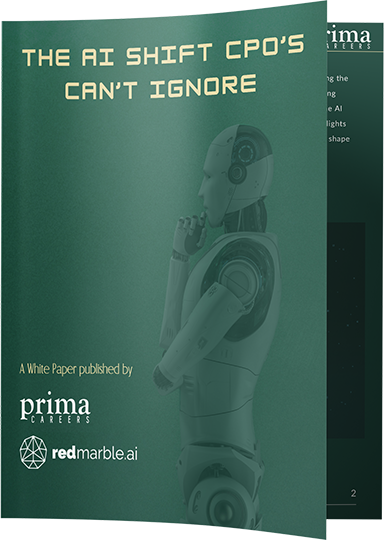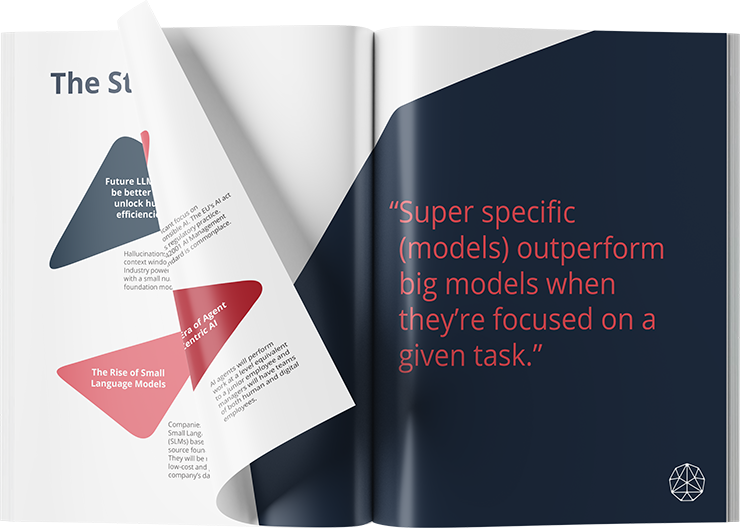Brief
- Hyper-Personalisation
- Prediction
- Conversation and Language
- Recognition
OceanaGold is a multinational gold producer with global operating, development and exploration experience. They are committed to the highest standards of technical, environmental and social performance. OceanaGold continuously innovate and improve the way they explore, extract and process minerals.
Challenge
A multi-national heavy industry client with a focus on Zero Harm wanted a way of enabling rapid capture of incidents and safe work observations for field workers. Following capture, they wanted analytics to tie those observations back to controls to enable real-time control verification, and perform predictive analysis on the safety observation.
Solution
A Natural Language interface, called “Goldie”, is embedded in a mobile application as well as a web interface. Goldie facilitates capture of safety observations from any location (offline or online), gathers data from multiple sources and makes predictions both relating to safety and maintenance requirements from multi-modal analysis across varied data interfaces.
Proven results in weeks, not years
Hold to view more details
Exec.
Briefing
2 Hours
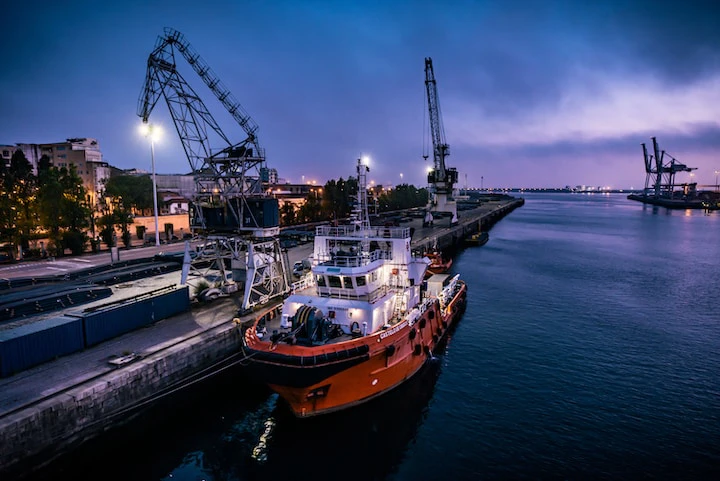
Technology
Assessment
2-3 Days

Production
Trial
8-12 Weeks

AI Application
Deployment in Production
3-6 Months

Results
Widespread adoption of the user interface as the primary way of capturing safety incidents and work observations. Increased awareness of the controls associated with particular activities.
Proven results in weeks, not years
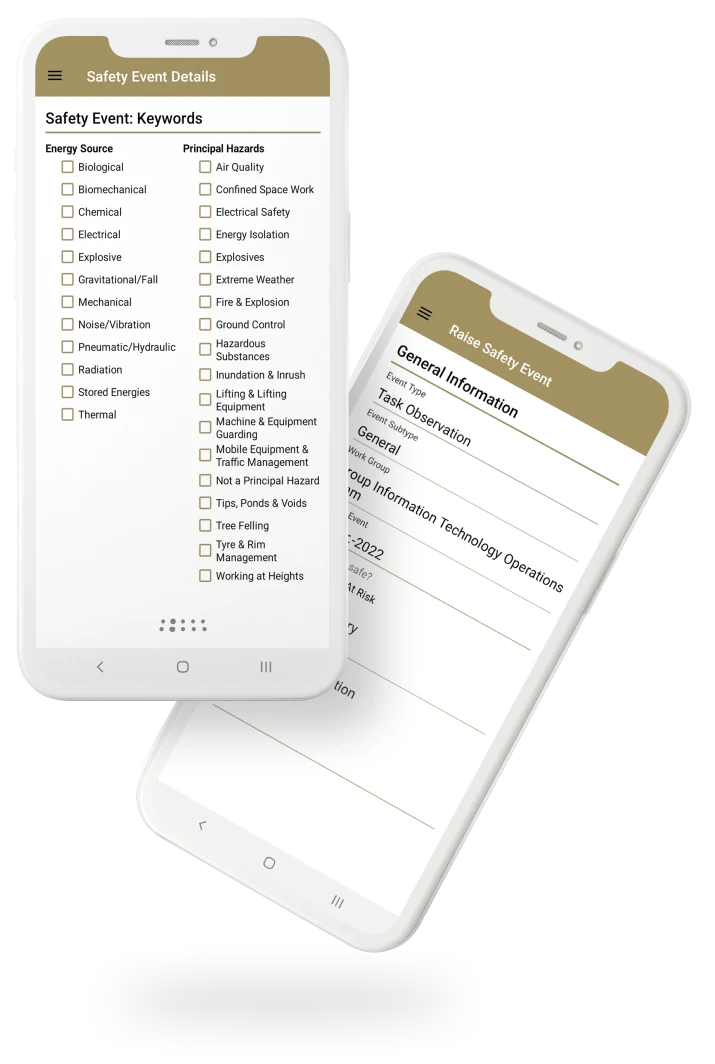
Successful company wide adoption of the user interface as the primary way of capturing safety incidents…
Increased awareness of the controls associated with particular activities.
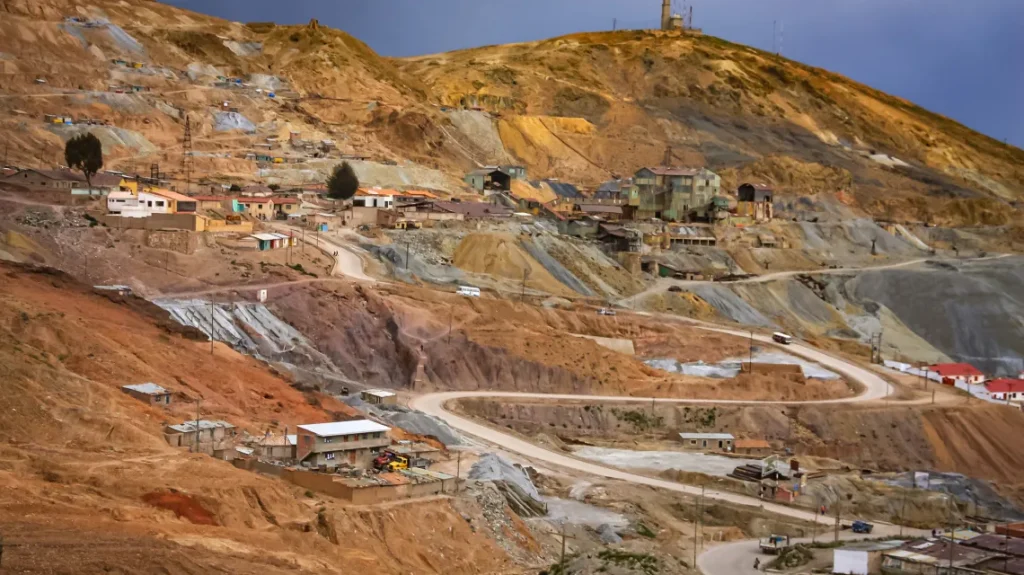
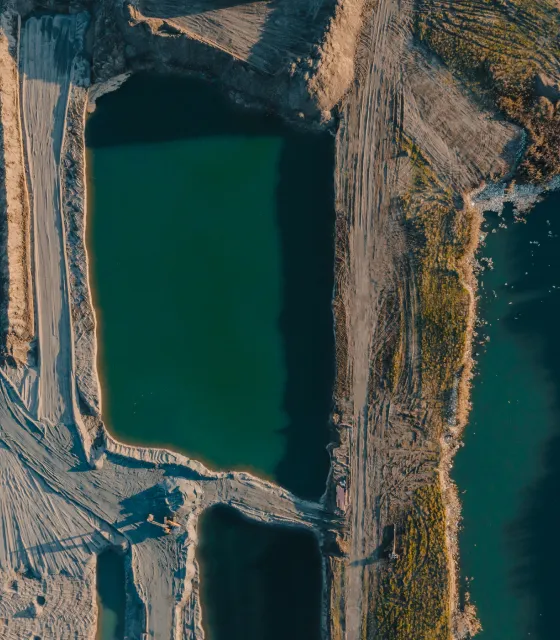
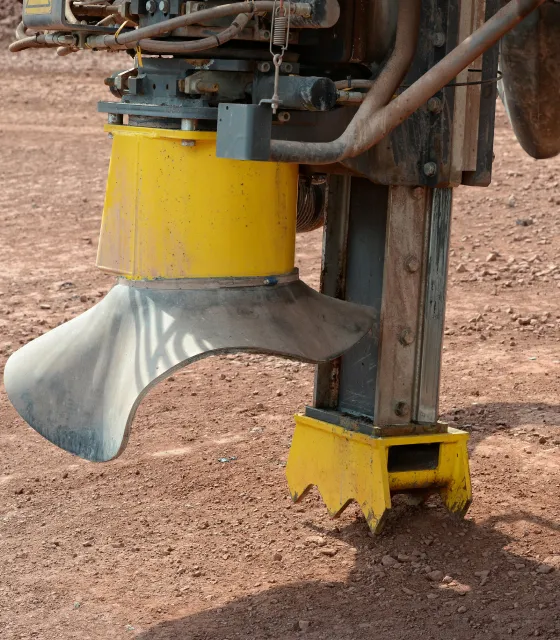
Technical Approach
The NLP based interface has been widely adopted across multiple sites as the primary way of capturing incidents, hazards, task observations and work orders. Predictive analytics run across the platform, prompting the user where required and driving better quality and more complete data capture.
Acoustic models run on certain machinery to inform Goldie of machine status; the models work by initially translating the digital audio signal into a streaming mel-spectrogram (visual representation of the sound wave that emphasises relevant frequencies), and then providing consecutive window slices to a convolutional neural network (CNN) that was pre-trained for image classification, providing a failure prediction score.
Predictive safety analytics run across the observations, hazards and incidents to predict trends such as work patterns, demographic predictors of risk or risk profile of different shift rosters.
